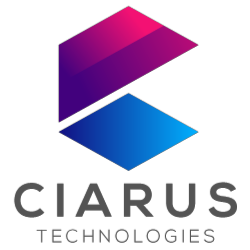
In the ever-evolving world of technology, the rise of no-code and low-code platforms is heralding a new era in software development. These platforms are breaking down traditional barriers, allowing a wider audience to participate in the creation and deployment of applications. From business professionals to hobbyists, anyone can now build sophisticated software solutions with minimal coding knowledge. This democratization of software development is reshaping industries and fostering innovation like never before. Let’s delve into the transformative potential of no-code and low-code platforms.
Understanding No-Code and Low-Code Platforms
No-code platforms are designed to enable users to build applications without writing a single line of code. These platforms utilize intuitive drag-and-drop interfaces, pre-built templates, and simple logic to create fully functional applications. They are perfect for users with no technical background who need to develop software quickly and efficiently.
Low-code platforms, on the other hand, require minimal coding. They combine the ease of visual development with the flexibility of manual coding. This hybrid approach caters to both novice users and experienced developers, allowing for rapid application development while still offering the ability to customize and extend the functionality through code when necessary.
Democratizing Software Development
The democratization of software development through no-code and low-code platforms has significant implications for businesses and individuals alike. Here are some key benefits:
- Empowering Non-Developers: Traditionally, software development has been the domain of skilled developers. No-code and low-code platforms empower non-developers, such as business analysts, marketers, and managers, to create applications tailored to their specific needs. This empowerment leads to faster problem-solving and innovation as those closest to the issues can directly develop the solutions.
- Accelerating Time-to-Market: With these platforms, the time required to develop and deploy applications is drastically reduced. Businesses can respond to market changes and customer demands more swiftly, gaining a competitive edge.
- Cost Efficiency: Developing applications through no-code and low-code platforms is more cost-effective compared to traditional development methods. Businesses save on hiring specialized developers and can allocate resources more efficiently.
- Enhancing Collaboration: These platforms facilitate better collaboration between IT and business teams. With a shared development environment, both technical and non-technical team members can work together seamlessly, ensuring that the final product aligns closely with business objectives.
Real-World Applications
The applications of no-code and low-code platforms are vast and varied. Here are a few examples:
- Business Process Automation: Companies can automate repetitive tasks and streamline workflows without the need for extensive programming. This leads to increased productivity and reduced operational costs.
- Customer Relationship Management (CRM): Tailor-made CRM systems can be developed quickly to meet specific business needs, helping organizations manage customer interactions more effectively.
- E-commerce Solutions: Entrepreneurs can create and customize their online stores without the need for coding knowledge, allowing them to focus on growing their business.
- Internal Tools: Employees can develop internal tools to simplify daily tasks, such as inventory management, HR processes, and project tracking.
The Role of Frontend and Backend Services
At Ciarus, we specialize in providing comprehensive frontend and backend services that enhance the capabilities of no-code and low-code platforms. Our frontend services focus on creating visually appealing and user-friendly interfaces. We ensure that the applications built on these platforms are not only functional but also provide an exceptional user experience.
On the backend, our services ensure that the data and operations behind these applications run smoothly and securely. We build robust databases and server infrastructures that handle large volumes of data efficiently. Our expertise in cloud services and APIs allows us to integrate these applications with other systems, enhancing their functionality and scalability.
The Future of No-Code and Low-Code Platforms
The future of no-code and low-code platforms is bright. As these technologies continue to evolve, they will become even more powerful and versatile. Innovations such as AI-driven development and advanced automation will further simplify the software creation process, enabling even more people to build complex applications with ease.
Moreover, as businesses increasingly adopt these platforms, the demand for customization and integration will grow. This is where [Your Company Name] comes in, providing the technical expertise to extend the capabilities of no-code and low-code applications, ensuring they meet the unique needs of each business.
Conclusion
No-code and low-code platforms are revolutionizing the software development landscape, making it accessible to everyone. By empowering non-developers and accelerating the development process, these platforms are driving innovation and efficiency across industries. At [Your Company Name], we are at the forefront of this revolution, offering the frontend and backend services needed to maximize the potential of these platforms.
If you’re ready to harness the power of no-code and low-code platforms for your business,
Let’s work together to democratize software development and drive your business forward.

